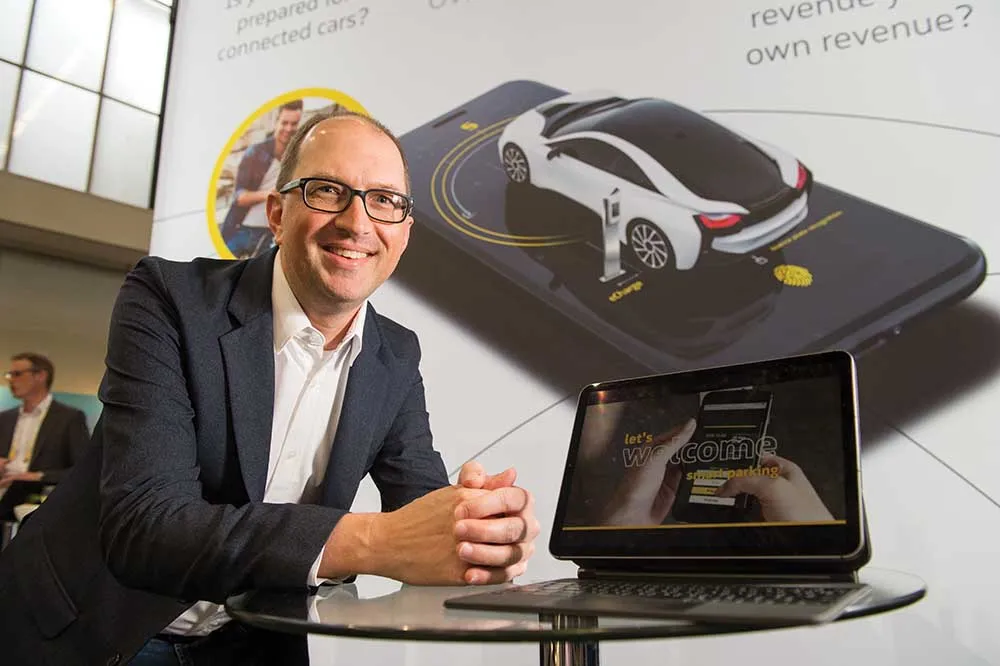In Northamptonshire, Kettering Borough Council has replaced its aging pay and display machines with new Metric Aura Elite pay and display meters as part of an updating programme to provide customers with the best available choice. The new solar powered meters are equipped with chip and pin and contactless credit/debit card facilities they also accept all UK coins including the new 5p and 10p coins and provide the Council with updated coin validators. Metric have also provided their WebASLAN back-office repo
September 28, 2012
Read time: 2 mins
In Northamptonshire, Kettering Borough Council has replaced its aging pay and display machines with new Metric Aura Elite pay and display meters as part of an updating programme to provide customers with the best available choice. The new solar powered meters are equipped with chip and pin and contactless credit/debit card facilities they also accept all UK coins including the new 5p and 10p coins and provide the Council with updated coin validators.
92 Metric Group have also provided their WebASLAN back-office reporting system which gives access to a wide range of transaction, performance and system management data in real time. The service is hosted by Metric and allows the Council a full audit and monitoring facility of all their pay and display machines via web access.
Three UK universities and a college have also chosen Metric to control their parking.
Coventry University is introducing a new access control card system for staff and student car parks. A card reader networked to each of their ten coin and credit card Elite machines will send a signal to the Elite machine to issue a parking ticket when an access control card is presented.
Wigan & Leigh College has also ordered Elite parking machines to aid the implementation of the college’s Sustainable Travel Plan, providing staff and students with greater parking flexibility.
In Scotland, 21 Elite pay and display parking machines are to be installed at Stirling University, while Keele University, the biggest live off campus in the country, will install three Elite machines in a new car park.
Three UK universities and a college have also chosen Metric to control their parking.
Coventry University is introducing a new access control card system for staff and student car parks. A card reader networked to each of their ten coin and credit card Elite machines will send a signal to the Elite machine to issue a parking ticket when an access control card is presented.
Wigan & Leigh College has also ordered Elite parking machines to aid the implementation of the college’s Sustainable Travel Plan, providing staff and students with greater parking flexibility.
In Scotland, 21 Elite pay and display parking machines are to be installed at Stirling University, while Keele University, the biggest live off campus in the country, will install three Elite machines in a new car park.










